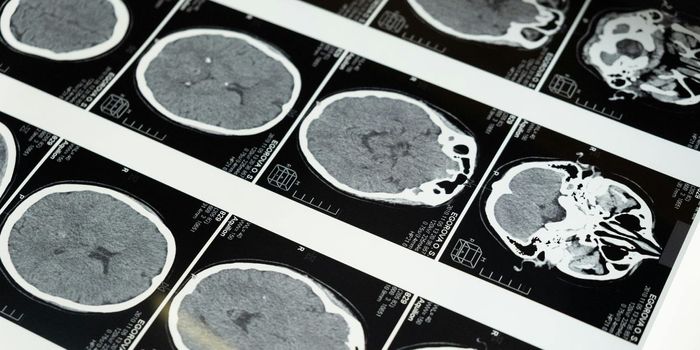MIND Diet Slows Aging, Reduces Dementia Risk
New research indicates that eating a healthy diet may reduce dementia risk by slowing the pace of aging. The corresponding study was published in the Annals of Neurology.
Research shows that healthy diets are linked to a lower risk of developing dementia. How exactly this happens, however, has remained relatively unknown. In the current study, researchers from Columbia University Mailman School of Public Health and The Robert Butler Columbia Aging Center set out to investigate how a healthy diet protects against dementia.
"Much attention to nutrition in dementia research focuses on the way specific nutrients affect the brain" said senior author of the study, Daniel Belsky, PhD, Associate Professor of Epidemiology at Columbia School of Public Health and the Columbia Aging Center, in a press release.
"We tested the hypothesis that healthy diet protects against dementia by slowing down the body's overall pace of biological aging," he added.
For the study, the researchers analyzed data from 1,644 participants of the Framingham Offspring Cohort. Participants underwent follow-up examinations every 4-7 years 9 times. Follow-up data included a physical examination, lifestyle-related questionnaires, blood sampling, and neurocognitive testing, which started in 1991.
Ultimately, 140 of the participants developed dementia. The researchers assessed participants' pace of aging using an epigenetic clock called DunedinPACE developed by Dr. Belsky and colleagues at Duke University and the University of Otago.
Ultimately, the researchers found that more adherence to the Mediterranean-Dash Intervention for Neurodegenerative Delay diet (MIND) was linked to a slower pace of aging as measured by DundeinPACE. It was also linked to reduced dementia and mortality risk. The MIND diet encourages the consumption of foods such as vegetables, nuts, fish, and whole grains and discourages the consumption of cheese, red meat, fried foods, and sweets.
"Our findings suggest that slower pace of aging mediates part of the relationship of healthy diet with reduced dementia risk, and therefore, monitoring pace of aging may inform dementia prevention," said first author Aline Thomas, Ph.D., a Postdoc at the Columbia Department of Neurology and Taub Institute for Research on Alzheimer's Disease and the Aging Brain, in a press release.
"However, a portion of the diet-dementia association remains unexplained, therefore we believe that continued investigation of brain-specific mechanisms in well-designed mediation studies is warranted," she concluded.
Sources: Annals of Neurology, Neuroscience News









